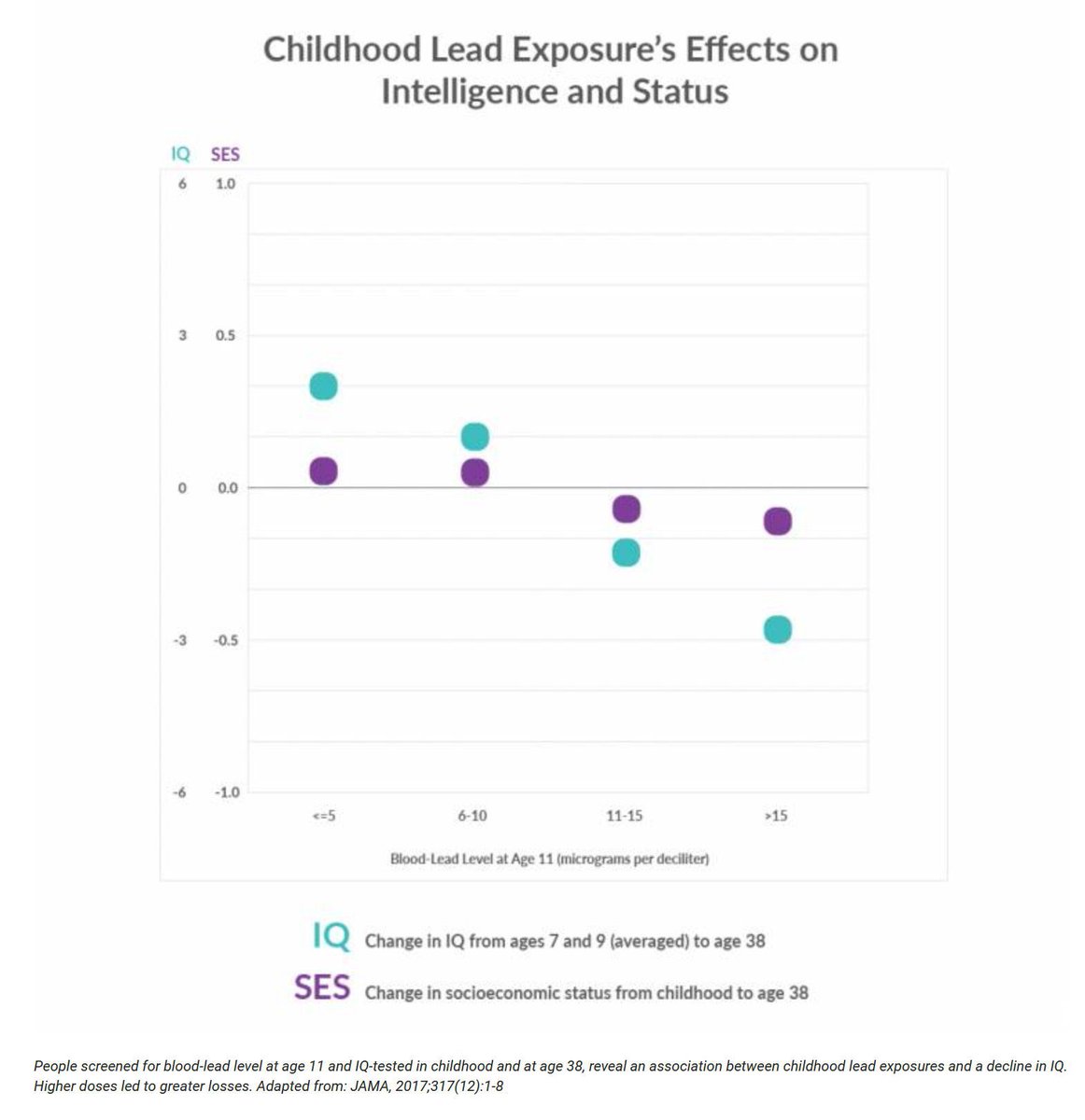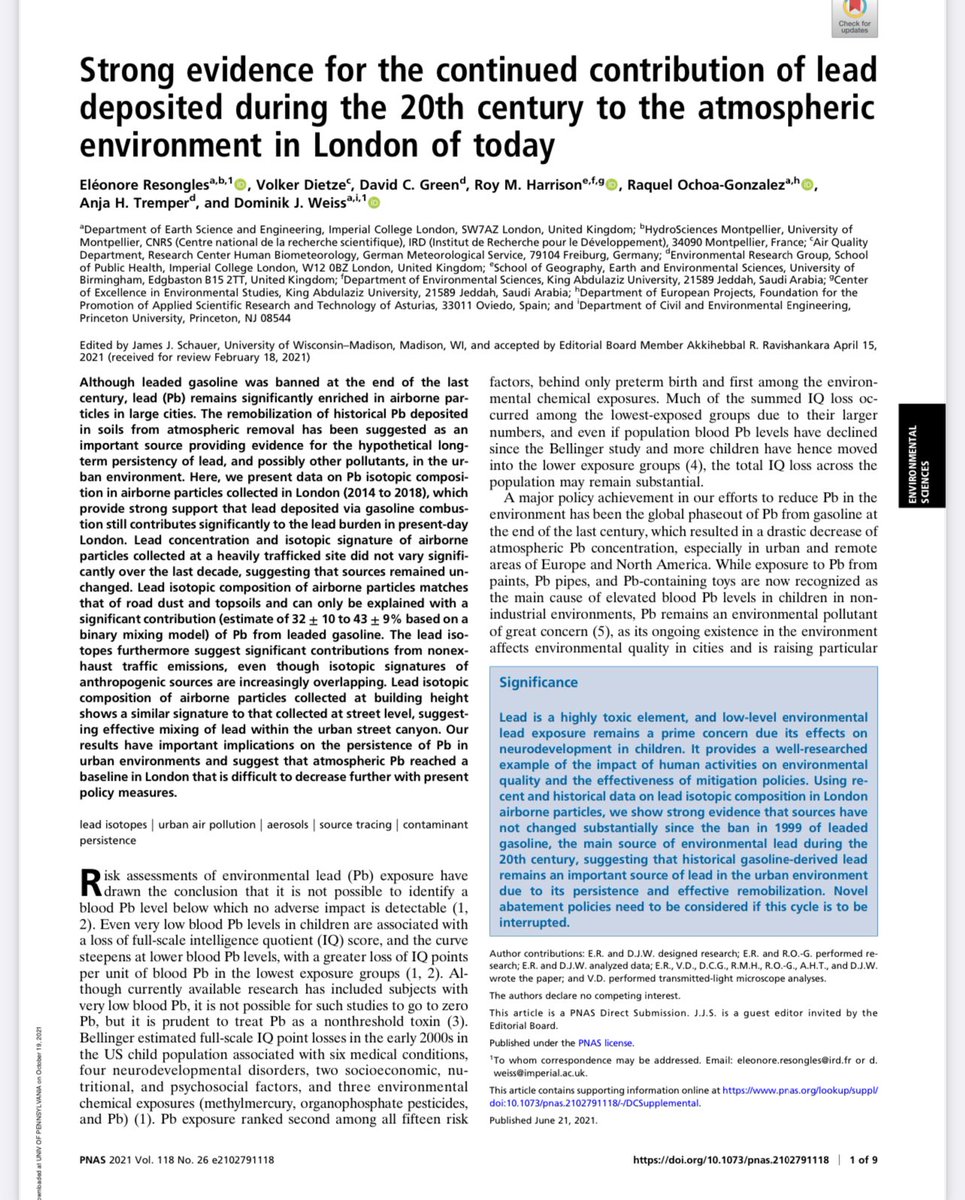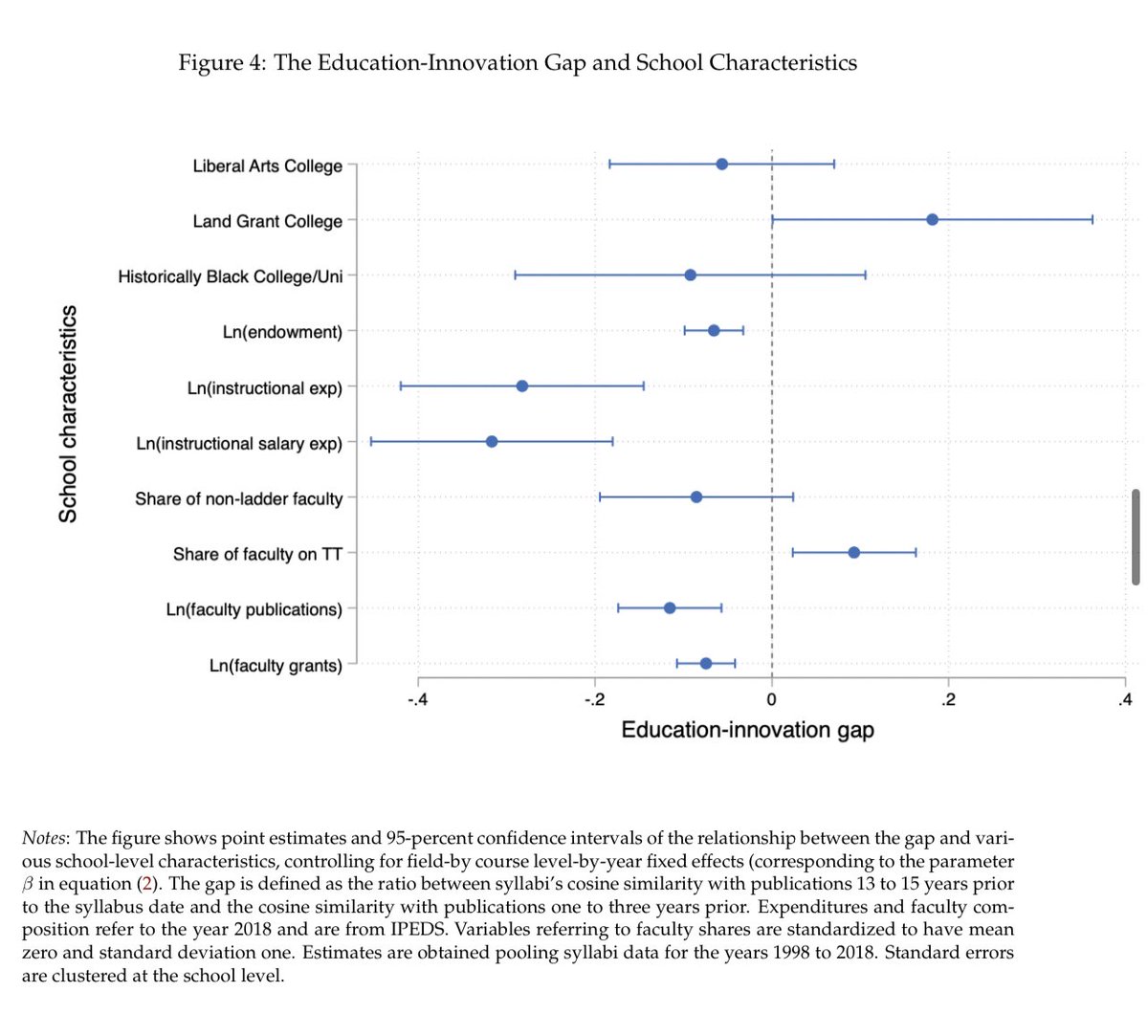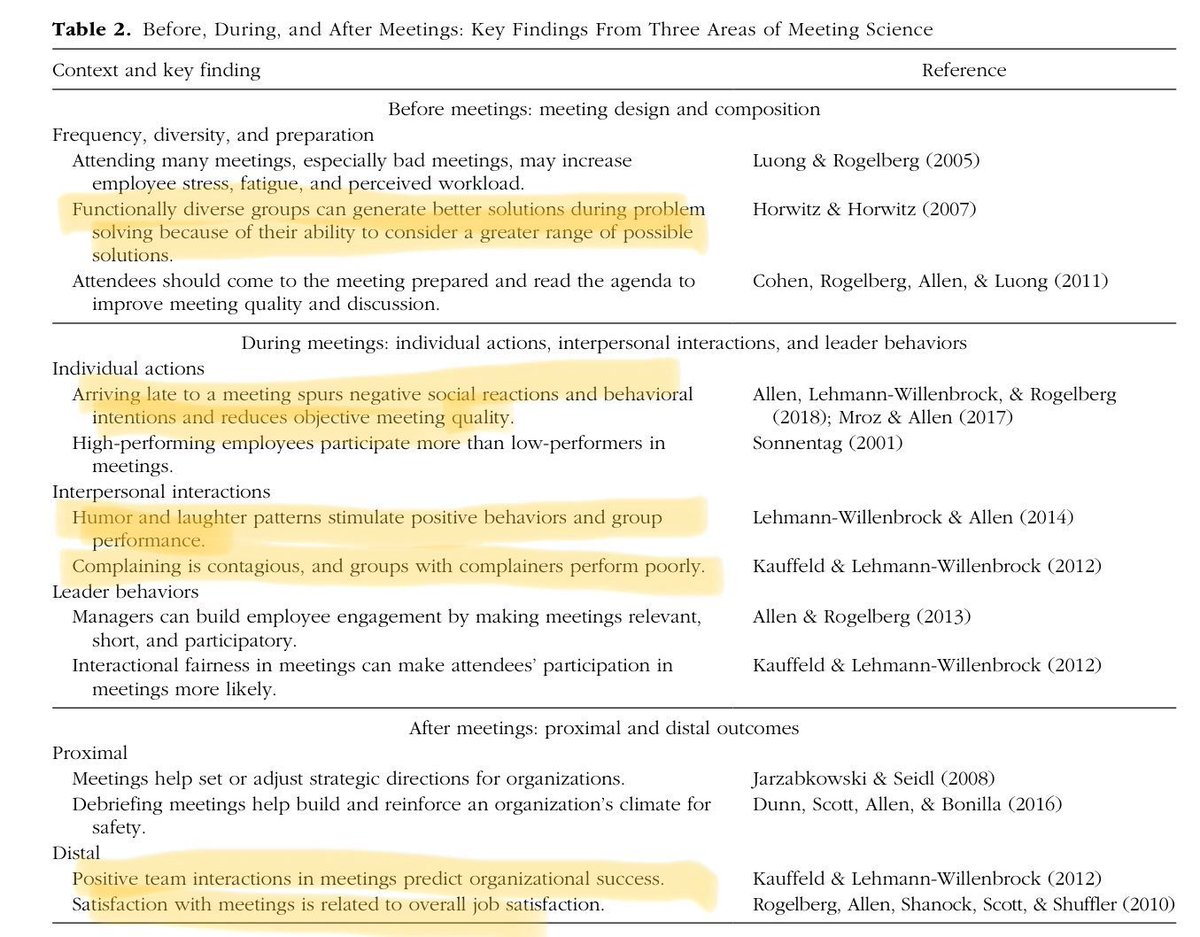
I am rereading a 1940 book, “The Big Con” - a riveting story of the classic conmen who ran the three big cons: the Wire, the Rag & the Payoff.
Conmen found flaws in our psychology that are still being exploited today. Read this part on how conmen find a mark. It still resonates!


Conmen found flaws in our psychology that are still being exploited today. Read this part on how conmen find a mark. It still resonates!



Also the language is amazing. For example, the best way to “cool out” a mark who is going crazy was to use the cackle-bladder 👇 convincing the mark that they are an accessory to murder and sending them on the run for months. This was an actual standard way to end a con gone bad! 

The book also inspired a classic sociology paper on how society “cools out” people who lose or fail.
https://twitter.com/emollick/status/1446173657722769412
• • •
Missing some Tweet in this thread? You can try to
force a refresh























